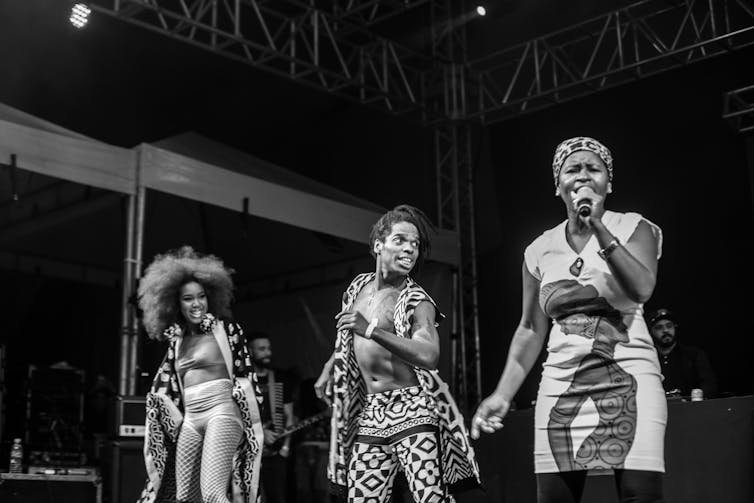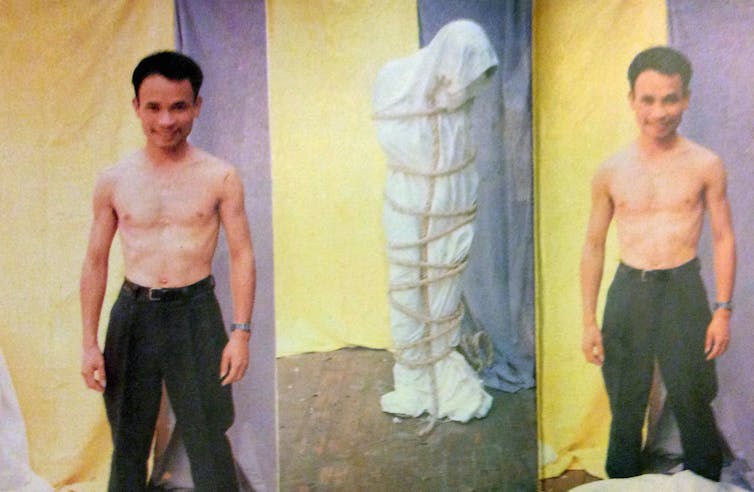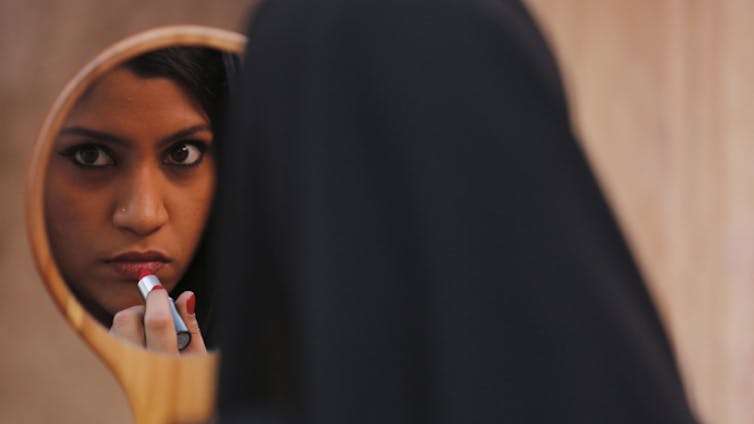Global series: Talking sex, changing cultures
Global series: Talking sex, changing cultures

Artists have long served as social trailblazers, growing the boundaries of what’s publicly acceptable and using their work to create dialogue about uncomfortable subjects – including, notably, sex and sexuality. In the developing world, where sexual mores and gender roles are often more traditional, this ruffling of features is particularly vital, and not a little risky.
Our ongoing series, “Talking sex, changing cultures”, looks at how musicians, painters, filmmakers and dancers are spurring social change, from Brazil to Vietnam and beyond.
For Brazil’s female funk MCs, the personal is political

By singing frankly about sex, drugs and life on the streets, the women of Rio de Janeiro’s male-dominated favela funk scene are redefining what feminism sounds like, one (salacious) song at a time.
The pioneering artists who opened Vietnam to queer culture

LGBTQ rights remain a work in progress in Vietnam, where until 2000 it was illegal for gay couples to live together. On the vanguard of change are queer artists, who’ve been pushing the boundaries of public acceptance for decades.
In Trinidad and Tobago, Carnival goes feminist
Some deride a new Carnival trend in which women revel in the streets wearing swimsuits and feather boas. But Trinidad’s “bikini mas”, which channels a long-standing tradition of female self-affirmation, is a both an act of rebellion and a survival tactic.
What happens when real women take over Indian screens

The “risque” storyline of Lipstick Under My Burkha, Alankrita Srivastava’s new feminist film, has Indian censors in a tizzy.![]()
Catesby Holmes, International Editor | Politics Editor, The Conversation; Clea Chakraverty, Cheffe de rubrique Politique + Société, The Conversation; Fabrice Rousselot, Directeur de la rédaction, The Conversation, and Stephan Schmidt, Audience Developer, The Conversation
This article is republished from The Conversation under a Creative Commons license. Read the original article.
Không có nhận xét nào: